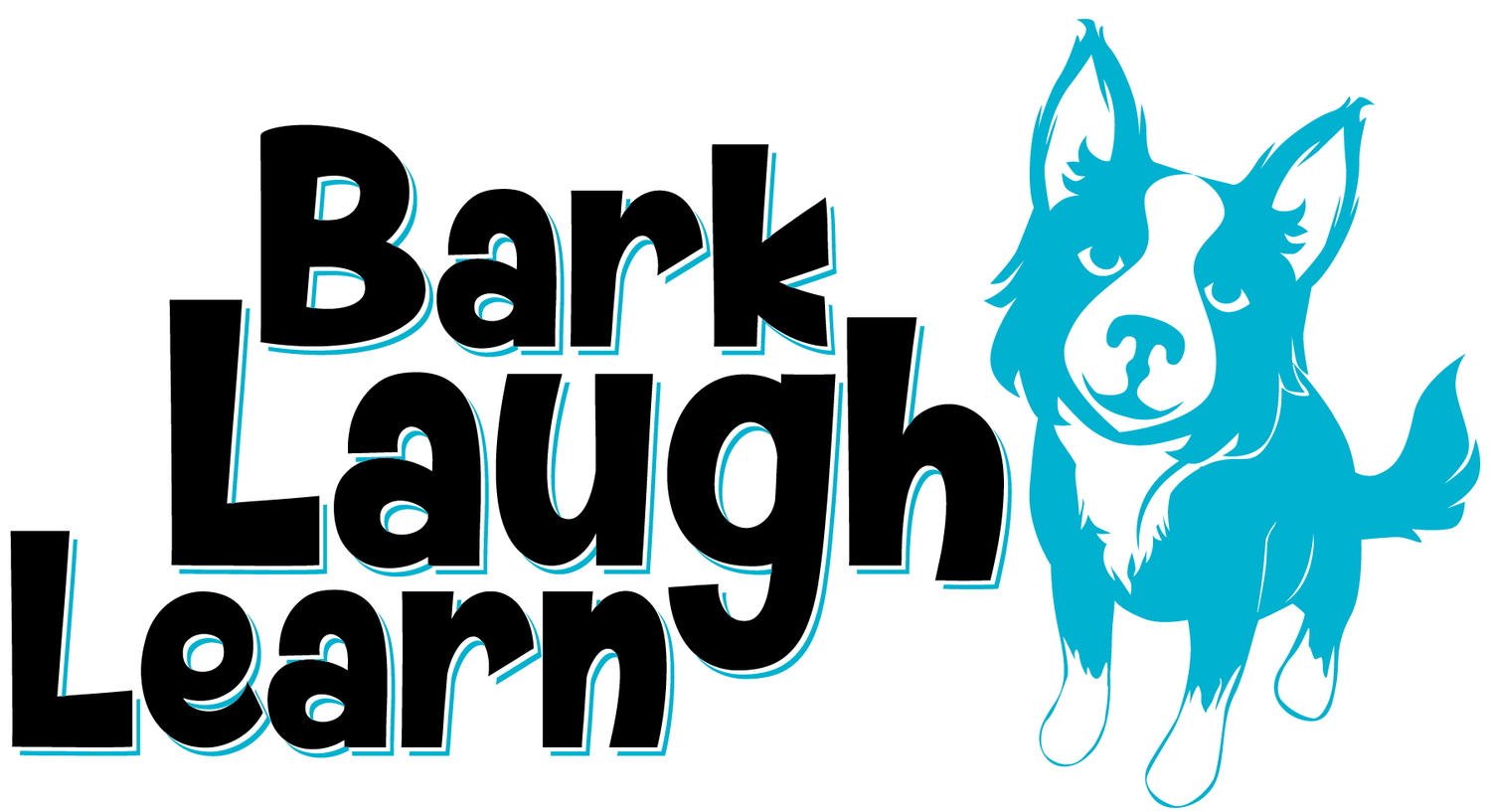Learning to Enjoy New Shoes
/Let's be honest, there are to types of shoe owners in this world. Those of you like this guy, who sing and dance at the thought of putting your new shoes on:
And then there are people like myself that cringe at the idea of even shopping for new shoes....because really, the crack down the middle of your trusty Chacos isn't all the way to the surface yet! Why not wear them for another few months until they really break?! After all, these Chacos have seen me through the loss of close family, meeting new friends, trialing in new sports, and the list goes on and on.
Now you and I know this can apply to our well known dog partners. And yes, I did indeed just compare your closest companion to shoes (trust me, I truly mean it as the highest compliment.) The dogs that have been to hell and back again with us. Trialed in new venues, taught us a ton, and give us comfort when we step to the line. I think there is nothing more difficult in our lives with dogs than allowing a retired dog to step back so the up and coming dog can start to step up.
It really isn't that our new to us dogs are bad, wear us down, or even the extra training. Rather, I think there is grief that goes along with this process. Change can be really hard. And learning to work with a new partner in a sport or in life can be challenging. It's OK to struggle with this and acknowledge it. No dog will ever be like the dog before them, or the dog we had built up in our head (talking to you new puppy owners!)
However, with the acknowledgement of this change, we need to step up too. Then we can see the lovely dimensions our new to us dogs bring. These dogs will teach us brand new ways to learn together. These dogs will improve our handling and teaching skills.
Poe has taught me this in a very big way over the last year. He is full to the brim of talent, speed, agility, and enthusiam for work. However, he's different. He's new to me and he is showing some gaps I've had in my prior teaching. This is OK but not a comfortable process. I will fully own that I've held myself back quite a bit this year out of sheer discomfort. It's hard to adapt to a new dog, no matter how awesome they are! Plus, we humans do tend to compare our newer dogs style to the dogs before them. But, thankfully it is getting easier and easier to step into my new role as partner with him. The more we play, the better we are together.
So do grieve the loss of your comfort zone dog but do not dwell on that forever. Instead, start to embrace the new relationship before you. Get ready to start singing and dancing together. Embrace those new shoes, because you don't know where they may take you!



